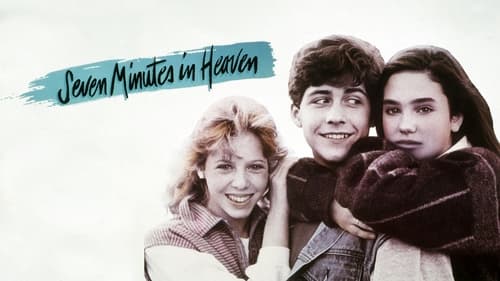
Director of Photography
From the well-publicized events at San Francisco State in 1968 to the image of black students with guns emerging from the takeover of the student union at Cornell University in April, 1969, the struggle for a more relevant and meaningful education, including demands for black and ethnic studies programs, became a clarion call across the country in the late 1960's. Through the stories of these young men and women who were at the forefront of these efforts, Agents of Change examines the untold story of the racial conditions on college campuses and in the country that led to these protests. Agents of Change links the past to the present and the present to the past--making it not just a movie but a movement.

Director of Photography
Jazz pianist Mary Lou Williams was a genius ahead of her time. From child prodigy to "Boogie-Woogie Queen" to groundbreaking composer to mentoring some of the greatest musicians of all time, she never ceased to astound those who heard her play. But for a Black woman in the early 1900s, life as a star did not come easy.

Director of Photography
Hollywood Chinese is a captivating look at cinema history through the lens of the Chinese American experience. Directed by triple Sundance award-winning filmmaker, Arthur Dong, this documentary is a voyage through a century of cinematic delights, intrigues and treasures. It weaves together a wondrous portrait of actors, directors, writers, and movie icons who have defined American feature films, from the silent era to the current new wave of Asian American cinema. At once entertaining and enlightening, Hollywood Chinese reveals long-untold stories behind the Asian faces that have graced the silver screen, and weaves a rich and complicated tapestry, one marked by unforgettable performances and groundbreaking films, but also by a tangled history of race and representation.

Director of Photography
The history of black newspapers in America.

Director of Photography
A riveting journey into the minds of men whose contempt for homosexuals led them to murder. Attacked in 1977 by gay bashers on the streets of San Francisco, filmmaker Arthur Dong confronts murderers of gay men face-to-face in his film. He asks them directly: “Why did you do it?”

Director of Photography
African-American documentary filmmaker Marlon Riggs was working on this final film as he died from AIDS-related complications in 1994; he addresses the camera from his hospital bed in several scenes. The film directly addresses sexism and homophobia within the black community, with snippets of misogynistic and anti-gay slurs from popular hip-hop songs juxtaposed with interviews with African-American intellectuals and political theorists, including Cornel West, bell hooks and Angela Davis.

Director of Photography
Five gay Black men who are HIV-positive discuss how they are battling the double stigmas surrounding their infection and homosexuality.

Additional Camera
Just before the advent of the Great Depression, Henry Ford controlled the most important company in the most important industry in the booming American economy. His offer of high wages in exchange for hard work attracted workers to Detroit, but it began to come apart when Ford hired a private police force to speed up production and spy on employees. After the depression hit in 1929, these workers faced a new, grim reality as unemployment skyrocketed.

Assistant Camera
Natalie allows her classmate Jeff, who ran away from home after a fight with his stepfather, to stay at her place while her father is away on a business trip. Natalie soon starts dating Jeff's friend James Casey, who isn't as faithful as she thinks, while her best friend Polly falls in love with baseball player Zoo Knudsen.







